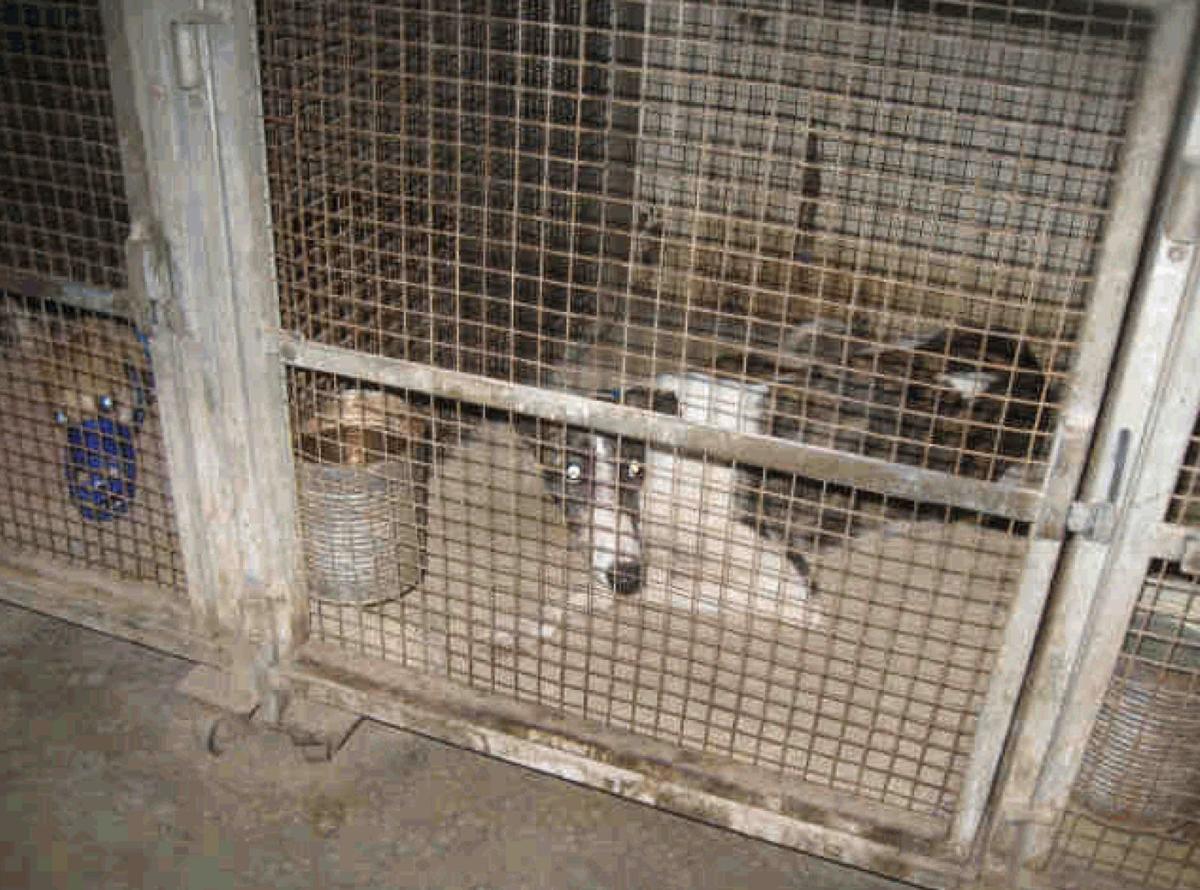Animal advocates wishing to end live dog racing here have long pushed for Arizona lawmakers to stop giving Tucson Greyhound Park a tax break it has received for more than 20 years.
Those advocates could see an end to the track’s “hardship tax credit” this year in a bill that unanimously passed Arizona’s House of Representatives Feb. 29 and is pending in the Senate. However, HB 2387 won’t spell freedom for the nearly 500 dogs living and racing at the track.
If passed, the legislation will prevent the track from receiving the tax credit it has received since 1994. However, since that time, the track has accrued $4.5 million that it can use now and in the future.
“Everyone thinks this is going to bring about big changes, but it doesn’t affect the track operations,” said Michael Racy, of Racy Associates Inc. and a lobbyist for the track. “Nothing will change, live racing or the simulcast.”
The hardship tax started after 1994, when casino gaming started taking profits from the state’s dog and horse tracks. To prevent further losses, Arizona’s lawmakers created a tax exemption that allows the tracks special deductions and a “hardship tax credit.”
What’s needed to stop live dog racing in Tucson would be legislation that specifically outlaws it, said legislators Steve Farley and Bruce Wheeler, both Tucson Democrats. And there’s not a bill pending that would do that.
“That’s what’s really sad about this,” Farley said. “They’ve backlogged unclaimed tax credit and can use it in future years.”
The pending bill “would at least stop that from continuing to increase,” he said. “We need to be working on a better way of ending dog racing now.”
Wheeler drafted his own bill to end the hardship tax credit, but then deferred to the one that’s active now, a similar one by Rep. Eddie Farnsworth, a Gilbert Republican.
“I deferred to his bill since he’s in the majority party and it has a better chance of passing,” said Wheeler, who is opposed to dog racing as “both a humane and an economic issue.”
“It’s horrible. Not only is greyhound dog racing a horrible idea and an abuse of dogs, but to call it a sport is even adding more insult,” he said.
State Rep. John Kavanagh, a Scottsdale Republican, also drafted a similar bill.
“There are a lot of people who are not happy about the tax credit that goes to the Tucson greyhound track,” he said. “It just doesn’t seem to be a good use of government funds.”
Racy said the tax credit was a “very modest” attempt to offset the track’s losses, since the casinos don’t have the same regulatory burdens.





